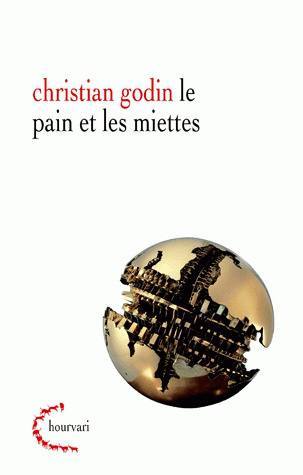To be, to act, to be able, to see, to have, to know and to say: human existence is diversely distributed among these seven verbs. Between the desire for everything (bread) and the fascination with nothing (crumbs), not to mention contentment with very little (bread slice), post-modern lives are struggling to find direction. Because the unconscious ignores contradiction (Freud), psychoanalysis remains one of the best means to understand these disorders which are part of our world, as well as the most effective tool for thwarting the effects of soothing discourses stemming from philosophy and environmental social sciences which are so much in vogue today.
From literature and history to psychology and sociology, this essay analyses some of the most significant (albeit contradictory) symptoms of our post-modern age: tourism and cremation, fetishism and casual sex, yard sales and the end of gift-giving, zapping and Facebook, the mania "to have it all" and the “best of,” limitless greed and total abandon.
The author of some thirty books, including a general survey of philosophy (La Totalité, 7 volumes, 1997–2003), a Dictionnaire de philosophie (2004) and La Philosophie pour les nuls (2007), Christian Godin is a Senior Lecturer in Philosophy at Université de Clermont-Ferrand.




